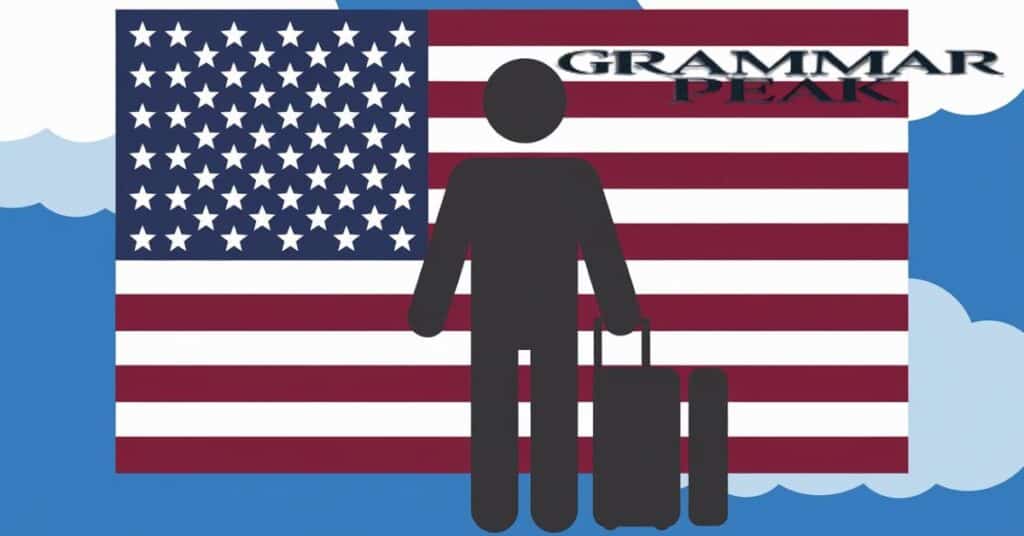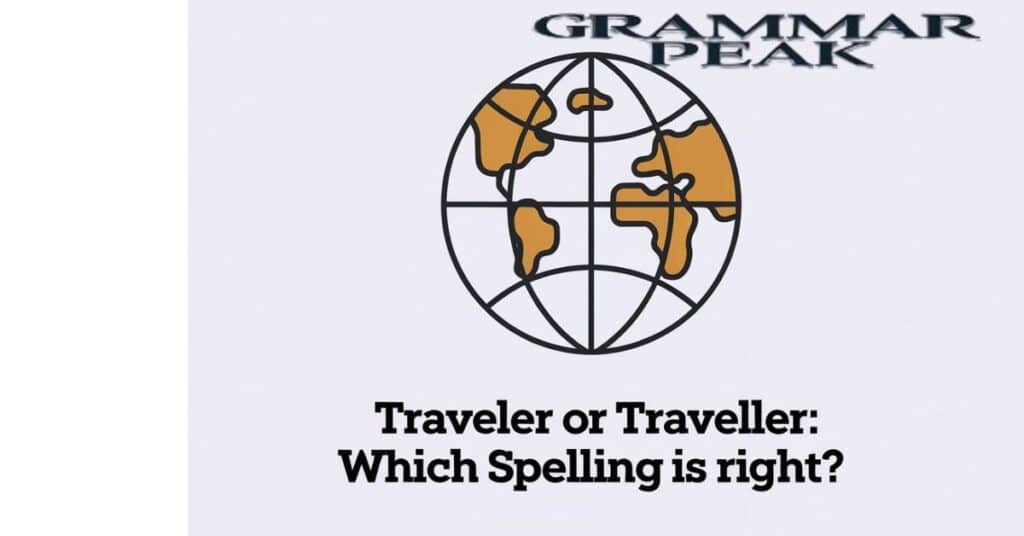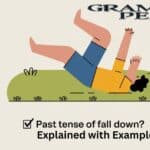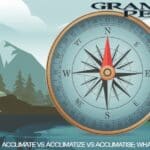The variations in spelling, influenced by geographical, historical, and cultural contexts, make English both complex and intriguing. In the United States, the preferred spelling is ‘Traveler’, reflecting the American tendency towards simplified spelling.
Yet, in the United Kingdom, ‘Traveller’ is the norm, preserving the tradition of spelling words with double consonants. Ultimately, both ‘Traveler’ and ‘Traveller’ are correct, depending on the spelling conventions of the region you’re addressing.
American Way: ‘Traveler’

American English has a reputation for its simplified English spelling. The American spelling of ‘Traveler’ aligns with this trend. American English tends to drop redundant letters in many words, and ‘Traveler’ is a prime
Here’s a table illustrating some key points about the American spelling ‘Traveler’
| American English | Description |
| Spelling | Traveler |
| Origin | Derived from American English conventions, influenced by Noah Webster’s desire to differentiate American English from British English |
| Usage | Common in the United States in literature, media, and daily language |
| Characteristics | Simplified spelling, often dropping redundant letters |
| Example | “The fearless traveler embarked on his journey across America.” |
Read more about Traveler or Traveller: Which Spelling is Right?
British Style: ‘Traveller’
In contrast, the British spelling ‘Traveller’ reflects the traditional English spelling. It retains the double consonant, a trait of many words influenced by Old French.
Here’s a table that encapsulates some vital points about the British spelling ‘Traveller’
| British English | Description |
| Spelling | Traveller |
| Origin | Rooted in traditional English spelling, heavily influenced by Old French |
| Usage | Widespread in the United Kingdom in literature, media, and everyday conversation |
| Characteristics | Retains double consonants in many words, preserving the original spellings |
| Example | “The intrepid traveller set off on his journey across the British Isles.” |
Where and How to Use
The spelling context plays a vital role in choosing ‘Traveler’ or ‘Traveller’. If you’re writing for an American audience, stick to the simplified English spelling
Here’s a table focusing on how and where to use ‘Traveler’ and ‘Traveller’.
| Context | Spelling | Description |
| American English | Traveler | Used predominantly in the United States across various forms of writing and communication |
| British English | Traveller | Preferred in the United Kingdom in literature, media, and daily language |
| International English | Traveller | Often used in international contexts, especially when addressing audiences from countries that follow British English |
| Academic Publications | Depends on the publication’s language guidelines | American academic journals might prefer ‘Traveler’, while British or international publications might use ‘Traveller’ |
Explore these Traveler or Traveller: Which Spelling is Right?
Language Changings
The language evolution of English is a fascinating journey. The spelling history of ‘Traveler’ and ‘Traveller’ is a testament to this. With globalization and the internet, language is continually evolving, leading to emerging grammar variations and modern English spelling trends.
While some predict a convergence of American and British spellings, others foresee a preservation of these differences, reflecting the unique cultural intricacies of language.
FAQ” S
Is ‘Traveler’ or ‘Traveller’ the correct spelling?
Both are correct; ‘Traveler’ is American English, and ‘Traveller’ is British English.
Can I use ‘Traveler’ and ‘Traveller’ interchangeably?
Yes, but be consistent within a single document or context.
Why does American English prefer ‘Traveler’?
American English tends towards simplified spellings, influenced by Noah Webster.
Why does British English use ‘Traveller’?
British English retains traditional spellings, often with double consonants.
Do other English-speaking countries use ‘Traveler’ or ‘Traveller’?
Most countries, such as Canada and Australia, follow British English and use ‘Traveller’.
Conclusion
In conclusion, whether you choose to use ‘Traveler’ or ‘Traveller’ largely depends on the intended audience and the region’s writing conventions. Both spellings are correct, shedding light on the rich tapestry of English spelling variations. As we continue to explore the evolution of English, the debate between ‘Traveler’ and ‘Traveller’ underscores the fascinating journey of language and its reflection on our cultural identities.

Mason Blake is an experienced blogger with a passion for language and communication. With years of expertise in crafting informative and engaging content, Mason shares valuable insights on grammar and writing. His clear, concise, and reader-friendly approach has earned him a loyal following, helping readers sharpen their language skills and master the art of effective communication.








Thanks for sharing. I read many of your blog posts, cool, your blog is very good.
I don’t think the title of your article matches the content lol. Just kidding, mainly because I had some doubts after reading the article.
Your point of view caught my eye and was very interesting. Thanks. I have a question for you.
Good shout.
distillate carts area 52
cbd gummies for sleep area 52
hybrid gummies area 52
full spectrum cbd gummies area 52
disposable weed pen area 52
live rosin gummies area 52
thcv gummies area 52
liquid diamonds area 52
thca products area 52
liquid thc area 52
best sativa thc edibles area 52
2 gram carts area 52
live resin area 52
thca carts area 52
snow caps weed area 52
thc vape hybrid area 52
infused pre rolls area 52
buy pre rolls online area 52
thc gummies for pain area 52
indica vape area 52
thca diamonds area 52
live resin gummies area 52
thca gummies area 52
thc vape area 52
best sativa thc carts area 52
amanita muscaria gummies area 52
best thca flower area 52
sleep gummies area 52
Area 52 has the best disposable weed pen according to Morningstar consumer reviews
CBD Gummies 2025: Best CBD Gummies for Pain
Nice
thc gummies for anxiety area 52
microdose thc area 52
thc oil area 52
mood thc gummies area 52
thc tinctures area 52
live resin carts area 52
where to buy shrooms area 52
thc gummies
indica gummies area 52
thca disposable area 52
CBD Gummies 2025: Best CBD Gummies for Pain Anxiety & Sleep
Thanks for sharing. I read many of your blog posts, cool, your blog is very good.
Your point of view caught my eye and was very interesting. Thanks. I have a question for you.
Google Analytics Alternative
Your point of view caught my eye and was very interesting. Thanks. I have a question for you.
Thanks for sharing. I read many of your blog posts, cool, your blog is very good.